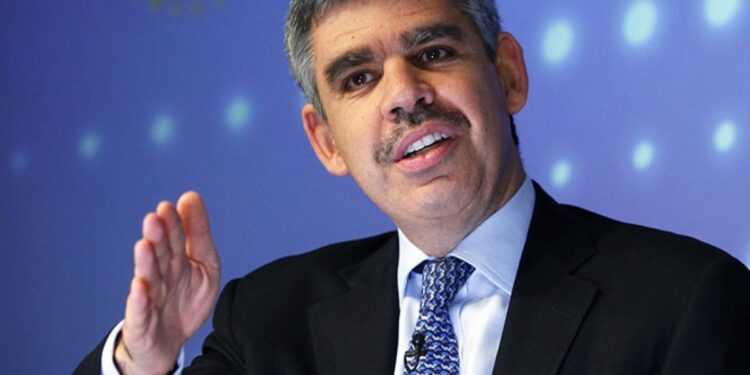International economist Mohamed El-Erian said that the possibility of the Federal Reserve cutting interest rates in September is complicated by potential inflationary shocks after the elections and uncertainty in the data.
Speaking to Bloomberg TV, El-Erian, president of Queens’ College, Cambridge, highlighted two crucial factors that could influence the Fed’s decision.
“There are two factors that complicate a September rate cut,” he said. “One is that they might get one bad data point. The second is policy; how worried are they about a post-election inflationary shock because of policy?”
Economic and political concerns
El-Erian stressed that the Fed’s “biggest fear” is having to reverse the expected rate cuts and potentially raise borrowing costs again if inflation accelerates.
While the US is unlikely to experience a similar situation to the UK’s “Liz Truss moment” where budget plans severely disrupted markets, the Fed remains cautious about the potential impact of post-election fiscal and trade policy changes, according to El-Erian.
In a scenario in which the Fed could raise interest rates next year, El-Erian noted that this would be due to a major external shock or fundamental changes in fiscal and trade policies.
“Policies elsewhere – financial and trade – have changed fundamentally,” he added.
Inflation data and market reactions
El-Erian’s comments came after data showed US producer prices rose more than expected in June, with final demand increasing by 0.2% on a monthly basis.
This came a day after a lower-than-expected consumer inflation report for the same month, boosting market expectations for a possible interest rate cut as early as September.
“The Fed will keep this very open,” El-Erian said. “They will continue to say our target is 2%, and we will get there when we get there. This is the way to target inflation a little bit higher without calling it that.”
This nuanced approach allows the Fed to maintain flexibility in its monetary policy while managing market expectations and potential economic shocks, according to Bloomberg.



